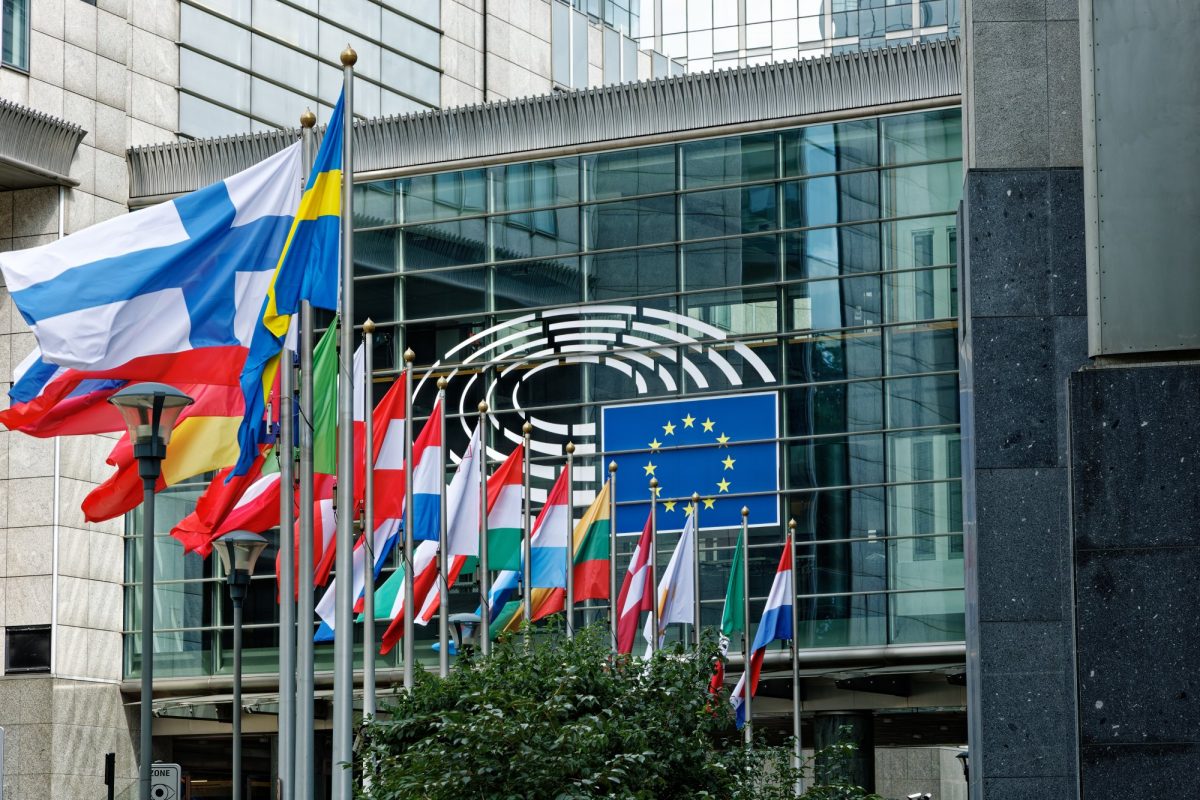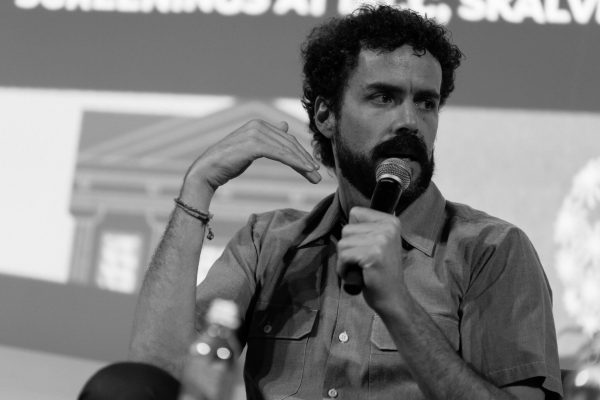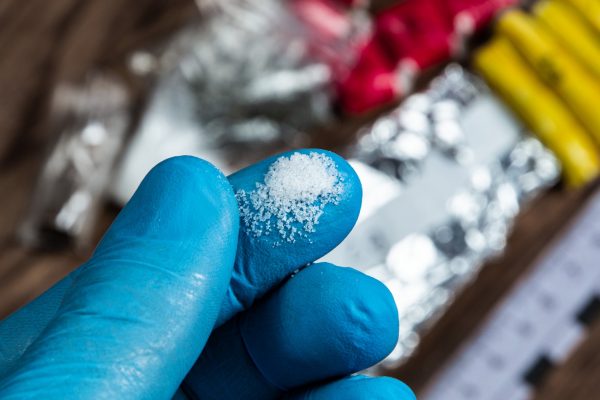The European Commission’s proposal to create a new anti-corruption sanctions regime is unlikely to solve the problem, experts argue.
In May 2023, the Commission proposed a draft law to empower the European Union to impose sanctions on individuals and companies globally involved in corruption. Sanctioned individuals are barred from travelling to the EU and have their assets frozen. Transparency International welcomed the announcement, stating it would enable the EU to respond quickly and flexibly to corrupt practices worldwide.
However, Heather Marquette, director of the Serious Organised Crime and Anti-Corruption Evidence research programme, expressed doubts about the effectiveness of such sanctions at the 2024 International Anti-Corruption Conference (IACC) in Lithuania.
“My worry is that sanctions become almost like a sort of penicillin where it starts to breed a sort of antibody resistance within the system as more and more entities, jurisdictions, nations and so on step up to avoid sanctions because it starts to affect more and more countries,” Marquette said. “So you have a problem with human rights? Sanctions. A problem with corruption? Sanctions. A problem with organised crime? More sanctions.”
Marquette suggested that anti-corruption sanctions might distract from more effective measures, such as publishing beneficial ownership data.
Tom Keatinge, director of finance and security at the Royal United Services Institute (RUSI), shared this view.
“The question that I would be asking as a journalist of anybody who is talking about sanctions is: what are you trying to achieve with those sanctions?” he said.
Keatinge argued that the effectiveness of sanctions is often measured by the number of people sanctioned rather than the actual impact, such as bringing about change.
The EU has various sanctions regimes, targeting specific countries like Iran or Russia, or specific wrongdoings, such as human rights breaches. Since the annexation of Crimea in 2014, the bloc has sanctioned more than 1,600 individuals under its Russia sanctions regime, with the majority sanctioned after the full-scale invasion of Ukraine in 2022.
A new sanctions regime would still need approval from EU countries and the European Parliament. However, Keatinge warned of potential negative consequences.
“So, frankly, I think it’s a cop-out. They can be a cop-out for actually taking the action that’s really needed,” he said.
Sanctions, he added, do not address the root causes of corruption or rectify the situation.
“That achieves nothing at all for the country from which the money was stolen,” he said.


